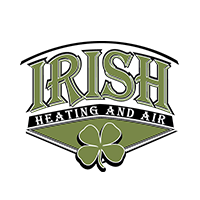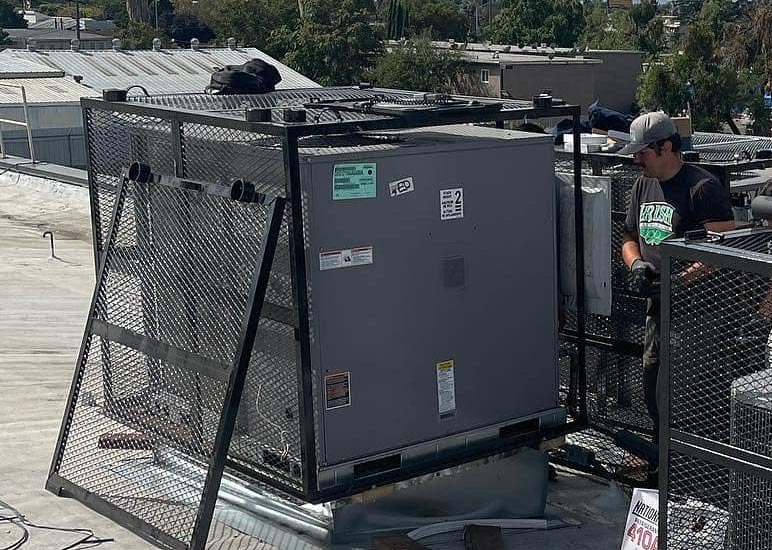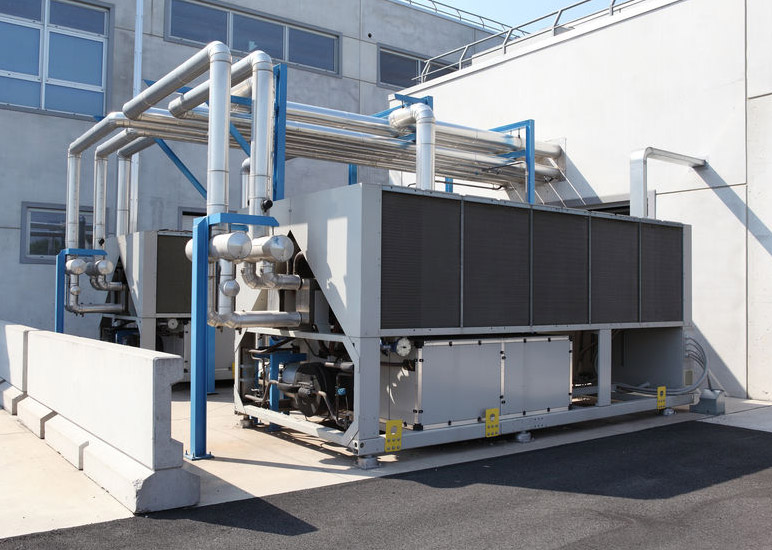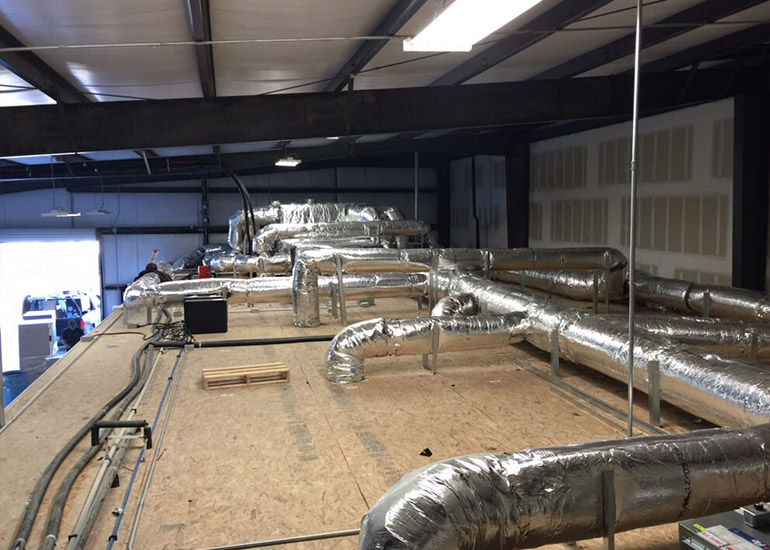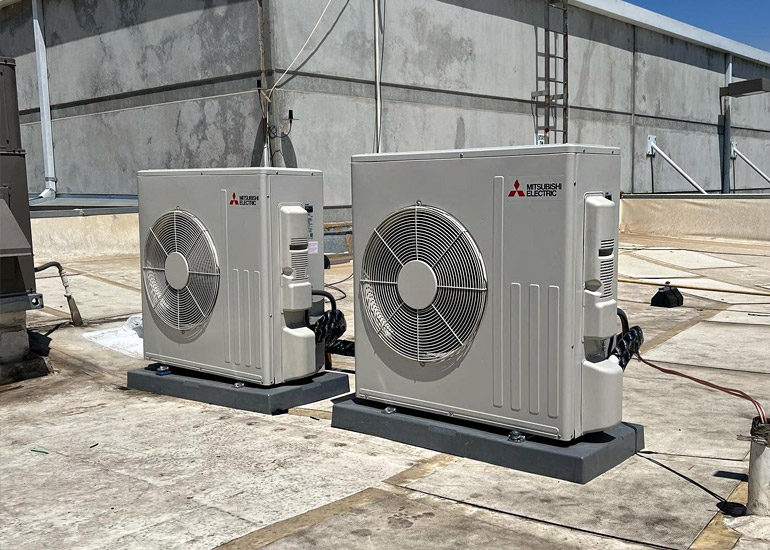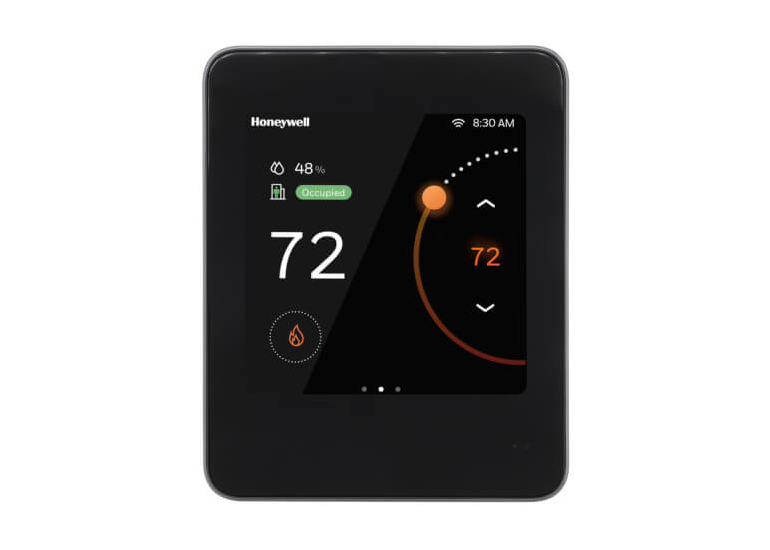 Your commercial property has a large and, often, complex heating and cooling system. You need a thermostat, and potentially more than one, in order to provide the right temperature in your building. Which commercial thermostat should you choose, and how will you know when you’ve found the right model to meet your building’s needs? Here are some things to consider.
Your commercial property has a large and, often, complex heating and cooling system. You need a thermostat, and potentially more than one, in order to provide the right temperature in your building. Which commercial thermostat should you choose, and how will you know when you’ve found the right model to meet your building’s needs? Here are some things to consider.
Building Zones
Commercial properties with multiple units may need to have multiple thermostats or one thermostat that is capable of setting a different temperature for each unit. If one or more of your zones is small, then you may wish to add a dedicated thermostat for it. For example, commercial kitchens need dedicated thermostats for their walk-in freezers. Manufacturing plants may need more precise climate control for storage areas or for other sections of their property.
Remote Operation
It isn’t necessary to walk by a thermostat in order to change it. Remote operation and remote monitoring can both help fulfill a business’ needs for temperature control. Remote operation is helpful for offices. You don’t have to head back in to turn the system off for the weekend or to get the office up to temperature when plans change, or employees stay late, etc. Remote monitoring can be useful for large organizations that need very precise temperature control and the ability to monitor that to ensure product quality, material integrity and more.
Thermostat Programming
Commercial thermostats should be highly programmable to account for complex scheduling. If your thermostat can’t follow a complex program, you will likely end up wasting energy by running your air conditioning or heating when you don’t need or want them to run. Those with complex programming abilities can save you money by not heating or cooling the space when you don’t need them to be.
In large buildings, thermostat programming may also be designed to accommodate building occupancy. For example, during the dinner rush, a restaurant will be warmer because there are more people and the kitchens are producing more heat. The thermostat may need to adjust for this. Similar adjustments need to be made in entertainment venues, office buildings, and any commercial property with large fluctuations in occupancy.
What About Smart Thermostats?
While smart thermostats are ubiquitous in the home HVAC world, they are rare in the commercial world. There are now some commercial smart thermostats on the market, such as Alledio, which offer some of the same features as residential smart thermostats, and some features that are useful for commercial environments, such as CO2 monitoring and humidity monitoring.
In large commercial spaces, managing air quality can be challenging, so thermostats with capabilities in this area can be very helpful. Air quality will directly impact customer, tenant, and staff comfort and performance.
Which commercial thermostat will meet your needs? It is wise to reach out to your HVAC team to discuss it. Certain thermostats will only work with certain kinds of commercial HVAC systems, but the professionals can show you your options and help you make the best decision.
